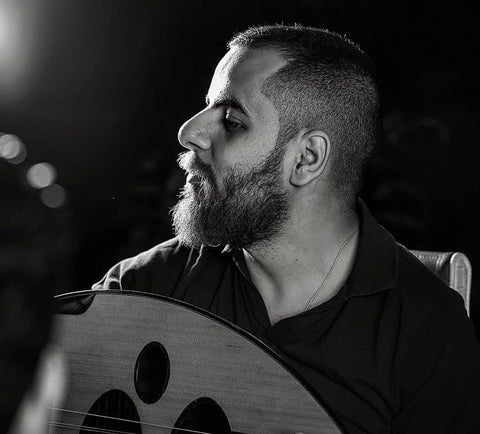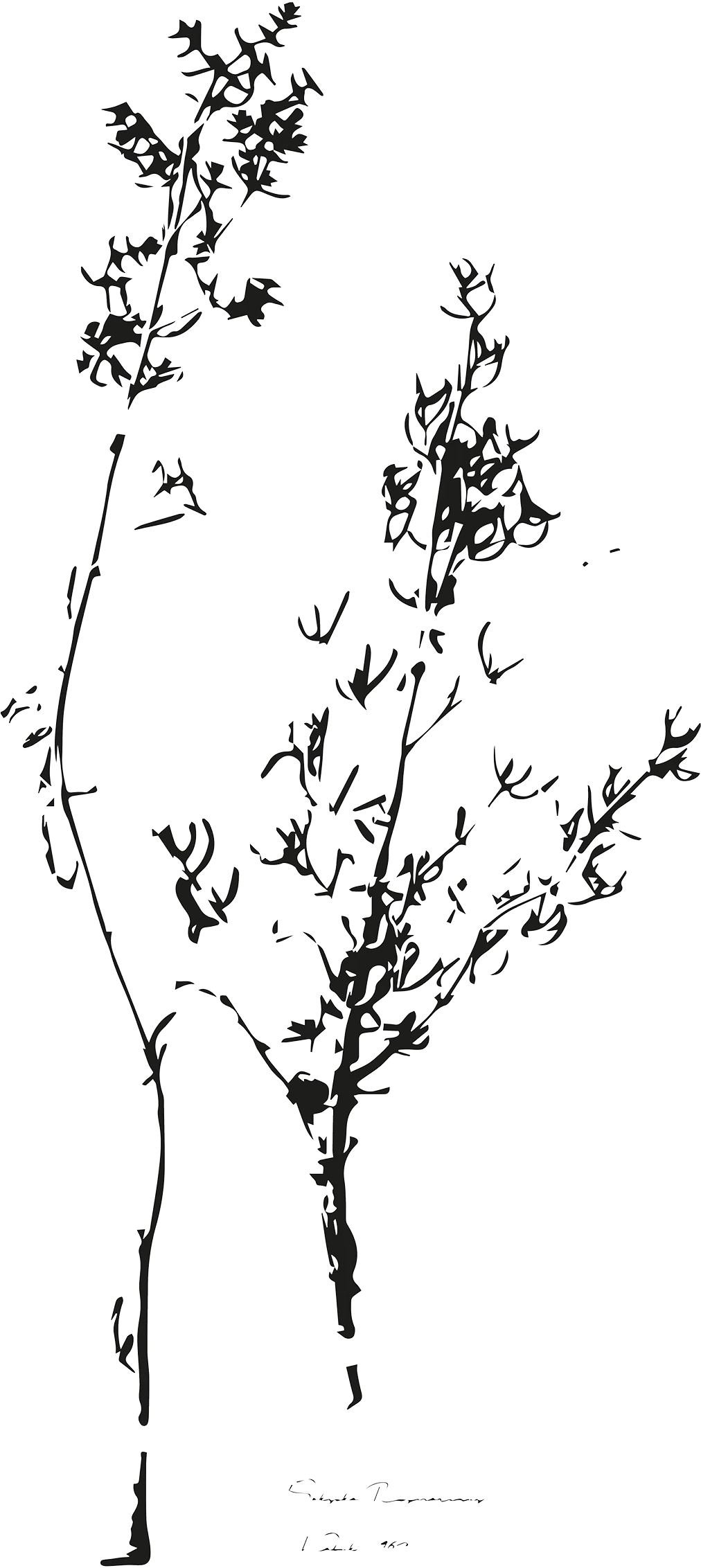Mosul by Olivia Rose Empson
Mosul, a city in the North of Iraq, is gradually remembering the steps to a long forgotten tune. Once a vibrant area with art, coffee shops and local events, it had its creativity admonished - forbidden even - under Daesh rule. Now, light is seeping back into the city. Significant landmarks and heritage sites that were destroyed are gradually being reconstructed and the arts have become a platform through which to comment and reflect on the occupation. There is a collective sense of hope and a determined rush to create. I speak to Mobasher Mohammed Wajid, Yihia T Mohammed and Khalid Alrawi - an artist, musician and filmmaker - each born and currently living in the city. They discuss their projects, processes and hopes for change. Individual stories that, although sequestered from the headlines of today’s Iraq based news, are indicative that the spirit of Mosul, will, and is, growing louder than ever.
Mobasher Mohammed Wajid
Mobasher is a twenty year old artist, with his own recently acquired workshop, who says his favourite thing about Mosul is the beautiful, historic windows. His preferred medium to work in is the mandala, a form he has been experimenting with and perfecting for quite some time. The fascination with this geometric configuration, which has an endless capacity for patterning and imagination, stems from his appreciation of historic Iraqi architecture. In his compositions, usually large in scale (the smallest at half his height), he “retouches the motifs of traditional Asian windows”, meaning he takes inspiration - shapes, configurations - from the surrounding urban landscape and transfers these into his visual compositions. Colour is the crucial ingredient in his work, as seen in the image below, where differing hues of blue are harmoniously entwined in a circle. Colour, Mobasher believes “can help us spread happiness’ - is an immediate way of energising and engaging the local community. “For so long Mosul has been colourless” he adds, “and through my painting, I will reinvigorate this, retouching on our culture and restoring our pride.”
In the future, Mobasher hopes to work on actually restoring the city’s architecture, transferring the skills he has developed on his mandala’s, to the tangible urban landscape he encounters everyday. “My work is my life and it saved my life” he says, and I have no doubt that through his colourful pieces, unfaltering artistic ethic, and unshakeable affection for his hometown, that this is true. Mobasher’s art encapsulates the spirit of Mosul. He is an inspiration to young artists working around the globe today.



Yihia T. Mohammed
Yihia Mohammed is a young cinematographer also living in Mosul. His affiliation with film is something he describes as a relatively new phenomenon, born out of his love for photography, desire to educate, and the numerous YouTube videos he has watched over time. In ‘Victim 501’, the project of which he is most proud, he delivers a harrowing, heartfelt monologue directly to his viewers; it is raw, emotional, and despite the language barrier which is assuaged by subtitles, his experiences are told in the significance of his expressions.
Mohammed understands that the medium of film can be highly didactic. “It is my passion to make videos about my city so the world can know we are living a normal life.” Cinema can help override and counteract cultural conceptions and stereotyping, and it is particularly this function which draws Mohammed to the camera. It is his dream one day to build a cinema in the heart of Mosul. “I hope I will be the first critically acclaimed Mosuli director in the world”, he adds, an ambition certainly not out of reach when you take the time to look at his portfolio.

Khalid Alwari
Khalid Alwari is a well-known musician within Mosuli society. He likes to spend his spare time acting and also promotes creativity, through a number of incentivised schemes, within the local and immediate community. Playing the Oud, he modestly asserts that he is “not that professional to be honest” (a fact hugely repudiated through a browse of his YouTube channel) but documents instead the bravery involved with this particular creative pursuit. “Before me, no one played music out in the streets or in public. I realised, from a young age, the beauty and the peace that can come from my instrument.” Alwari told me the stories of him and his friends performing actively in the open, how the enchanting sounds of their orchestras inspired those that listened.
In the future, Alwari hopes to open a ‘School of Music’ in Mosul. Currently, he works for ‘The Station’, a creative platform which trains the youth on how to be creative in their community, accept one another, and be trained in theatre, music, and drawing. It is clear from the passion with which he relays his work that his presence and talent have had a lasting impact on the community of Mosul. Music, he believes, is an integral way to bring about change and he feels an underlying level of civic responsibility, “the people need me in my city...I must show them the beautiful and good things in art.”









